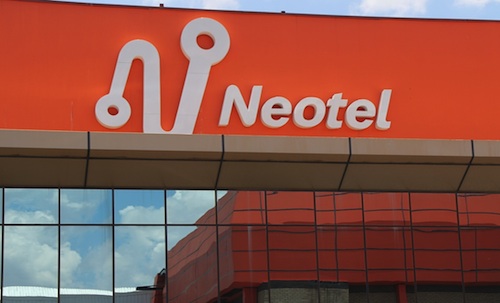
Neotel’s much-vaunted entry into the prepaid consumer market doesn’t appear to be paying dividends for the telecommunications company.
More than three months after launching prepaid products, Neotel says 10% of its retail customer base is on the prepaid offering.
It won’t provide exact numbers, but this probably means that it’s signed up only about 5 000 prepaid customers in a market where there are estimated to be more than 40m prepaid cellular subscribers.
In August 2010, Neotel had fewer than 50 000 retail customers in total and it’s unlikely the company has increased that number significantly since then.
Neotel has struggled to gain traction in the consumer market, and now questions are being asked about the company’s strategy as it begins a process of restructuring and retrenchments.
Speculation is rife that parent company Tata Communications plans to replace CEO Ajay Pandey. There’s no word yet on who will take the reins at the operator, which was licensed in 2005 as the first fixed-line rival to Telkom.

The company is putting a brave face on its performance in prepaid. It says it’s “pleased” with the way the products are performing. “The business is growing steadily and we are satisfied with progress,” says a company spokesman in written response to questions from TechCentral.
However, Neotel’s performance is pitiful compared to another new entrant in the prepaid space. Telkom’s 8ta signed up 186 000 customers in its first month of operation — that’s about 37 times Neotel’s estimated prepaid base.
World Wide Worx MD Arthur Goldstuck says Neotel’s prepaid numbers are not going to excite the market.
“There is no evidence that Neotel has solved its consumer conundrum. And that is exactly it: it doesn’t have a proper consumer strategy,” Goldstuck says. He says the company has a vast amount of work to do if it wants to boost its subscriber base.
Since its launch, Neotel has enjoyed considerably more success in the enterprise and wholesale markets. Its consumer products showed a lack of understanding of what was needed in the retail market.
Goldstuck says the company’s first consumer home phone and broadband product is a good example of this. “You couldn’t use broadband and take a call at the same time,” he says.
Then, last August, Neotel played down the importance of the retail consumer market, saying it would focus on the enterprise and wholesale markets.
However, a month later it was talking up the consumer segment again. At the time, Pandey said Neotel had “taken heed” of consumer feedback.
The company has spent at least R400m on its code division multiple access wireless network, which it uses to provide voice telephony and basic data offerings to subscribers. However, up against well-funded rivals in the mobile market, it has struggled to make much of an impact. — Candice Jones, TechCentral
- Subscribe to our free daily newsletter
- Follow us on Twitter or on Facebook




